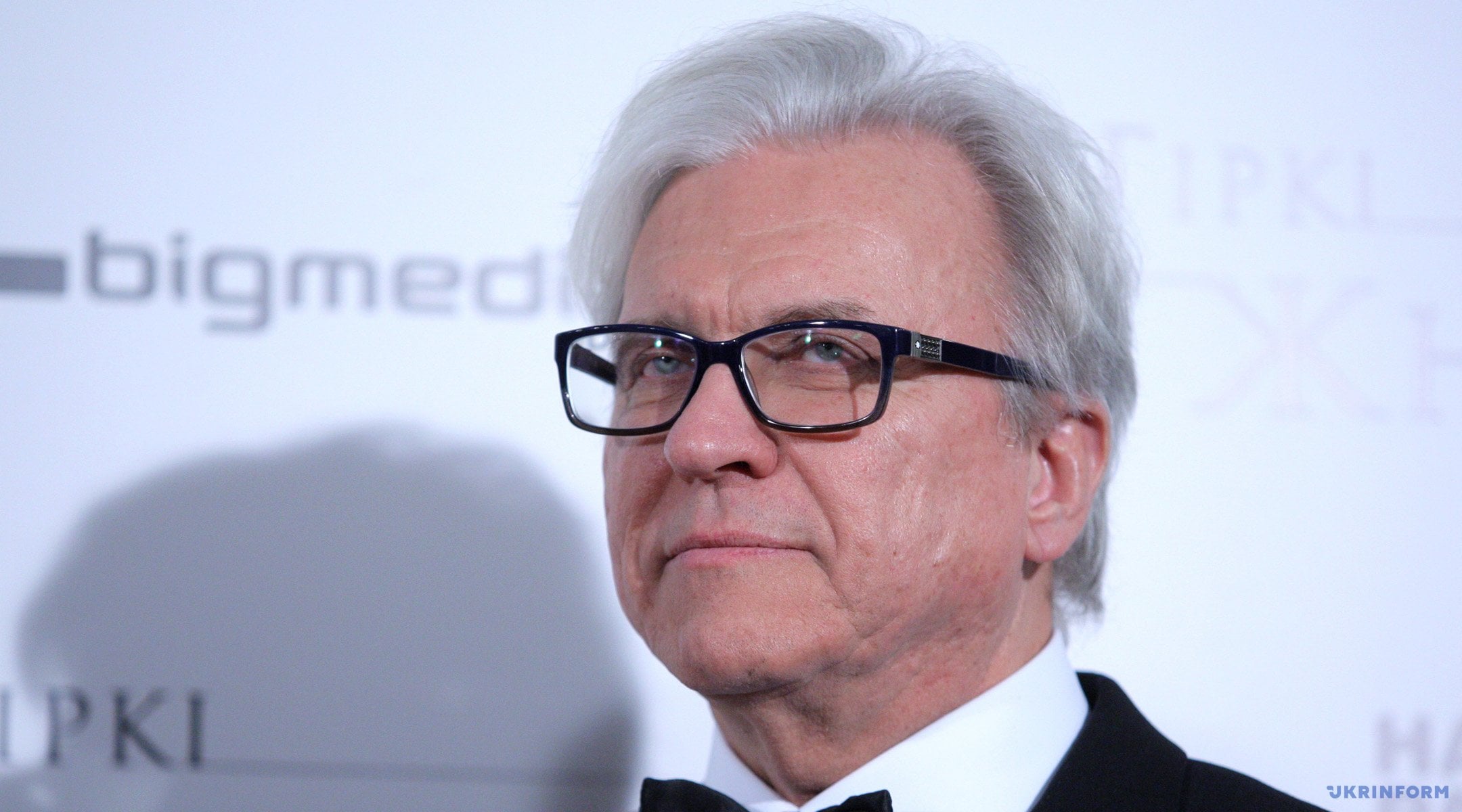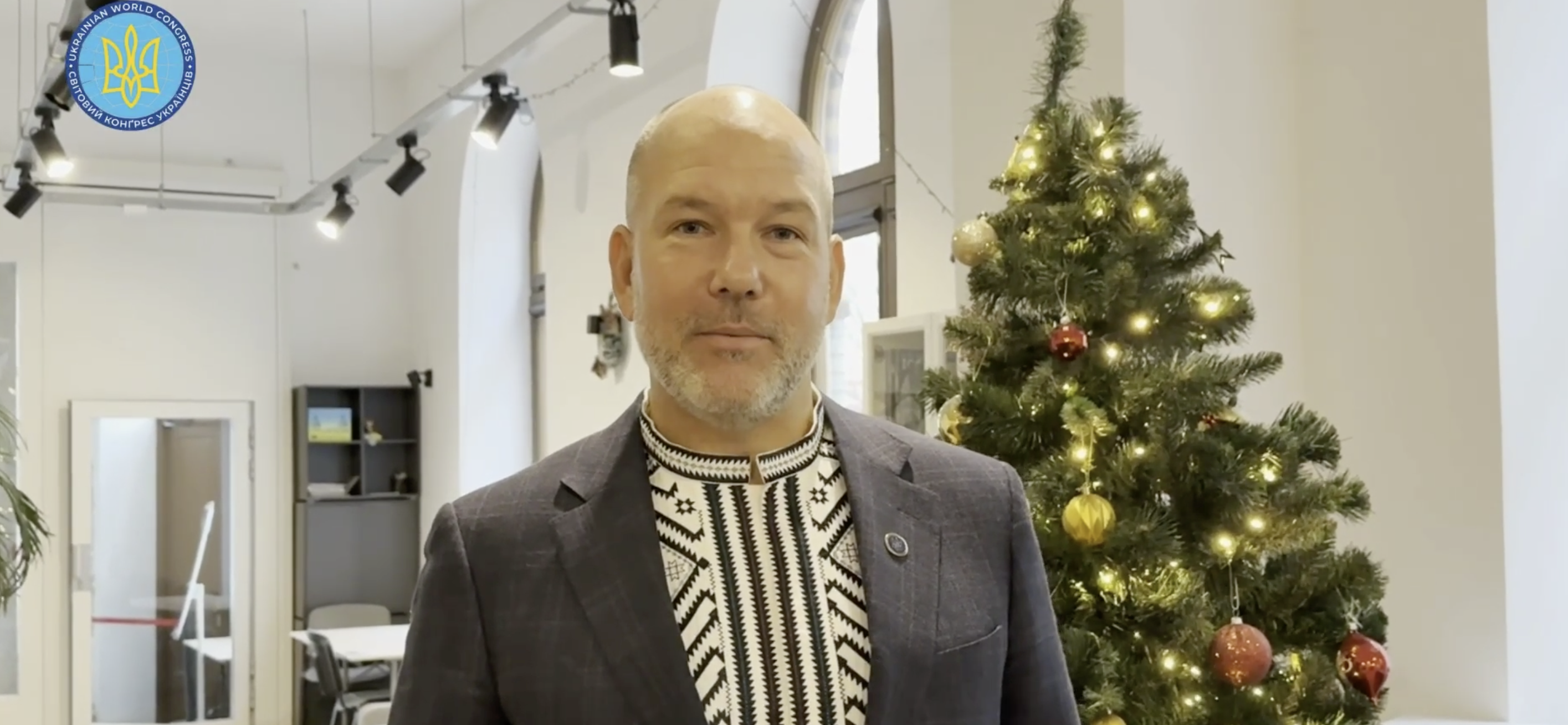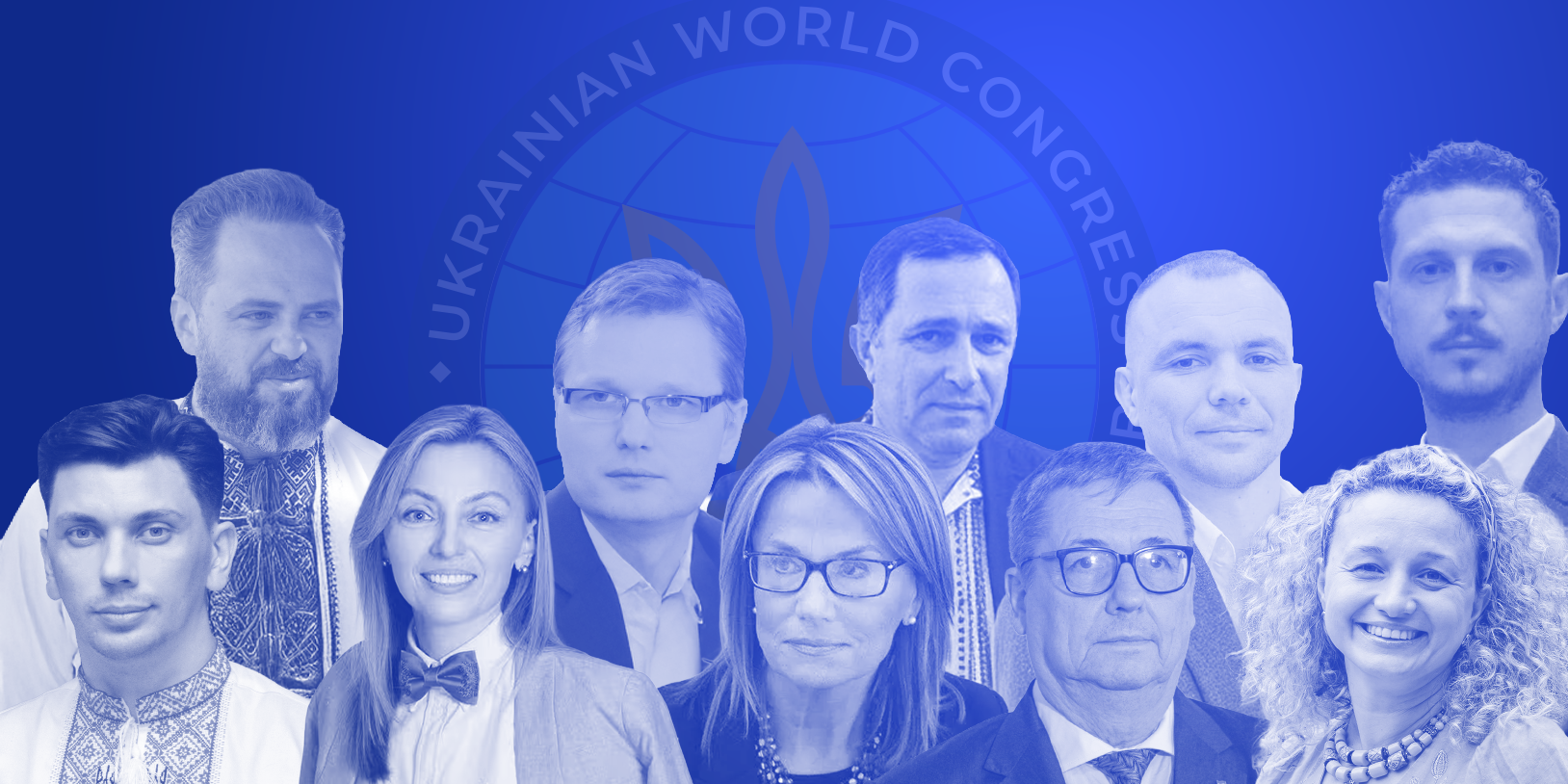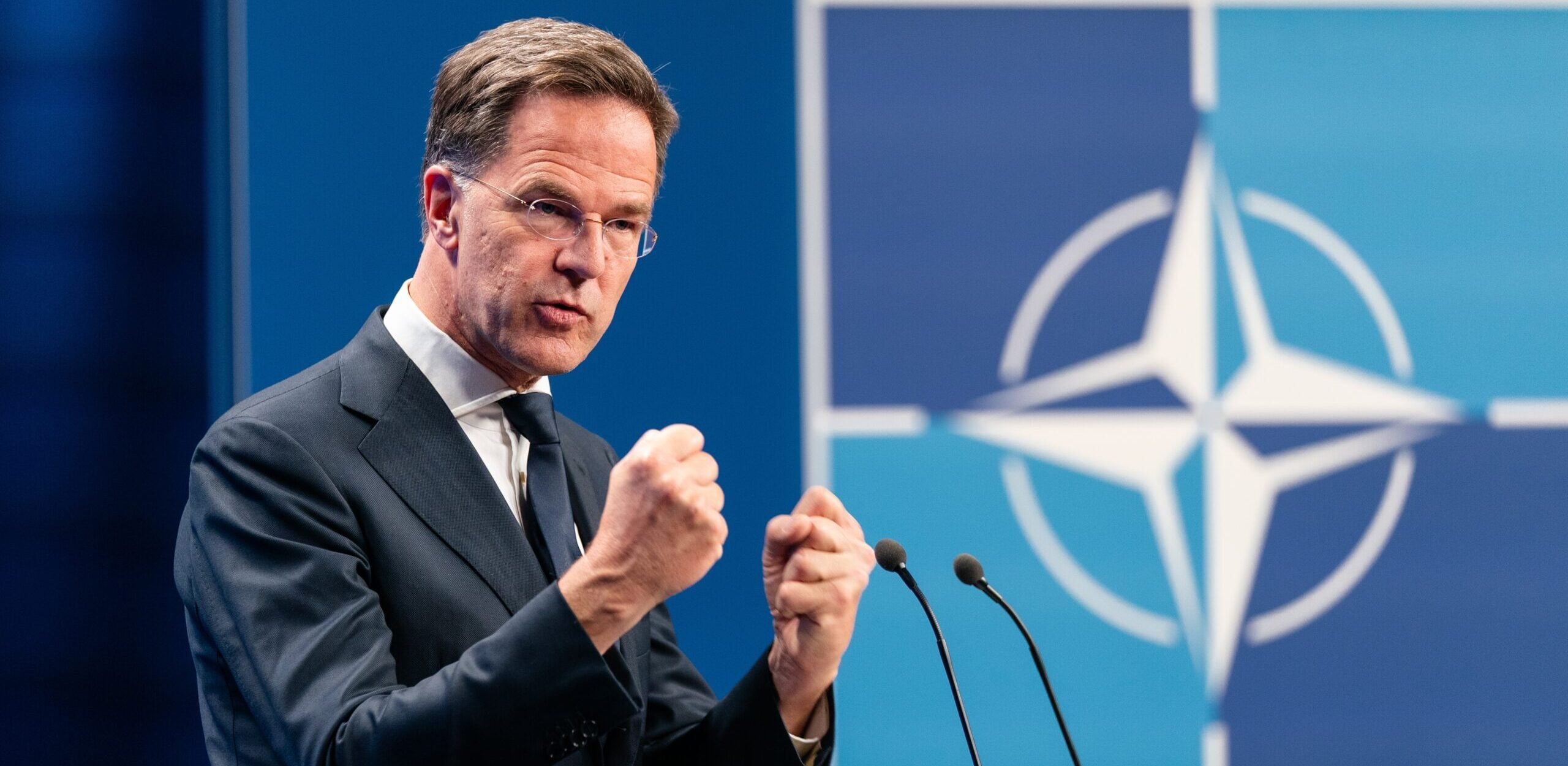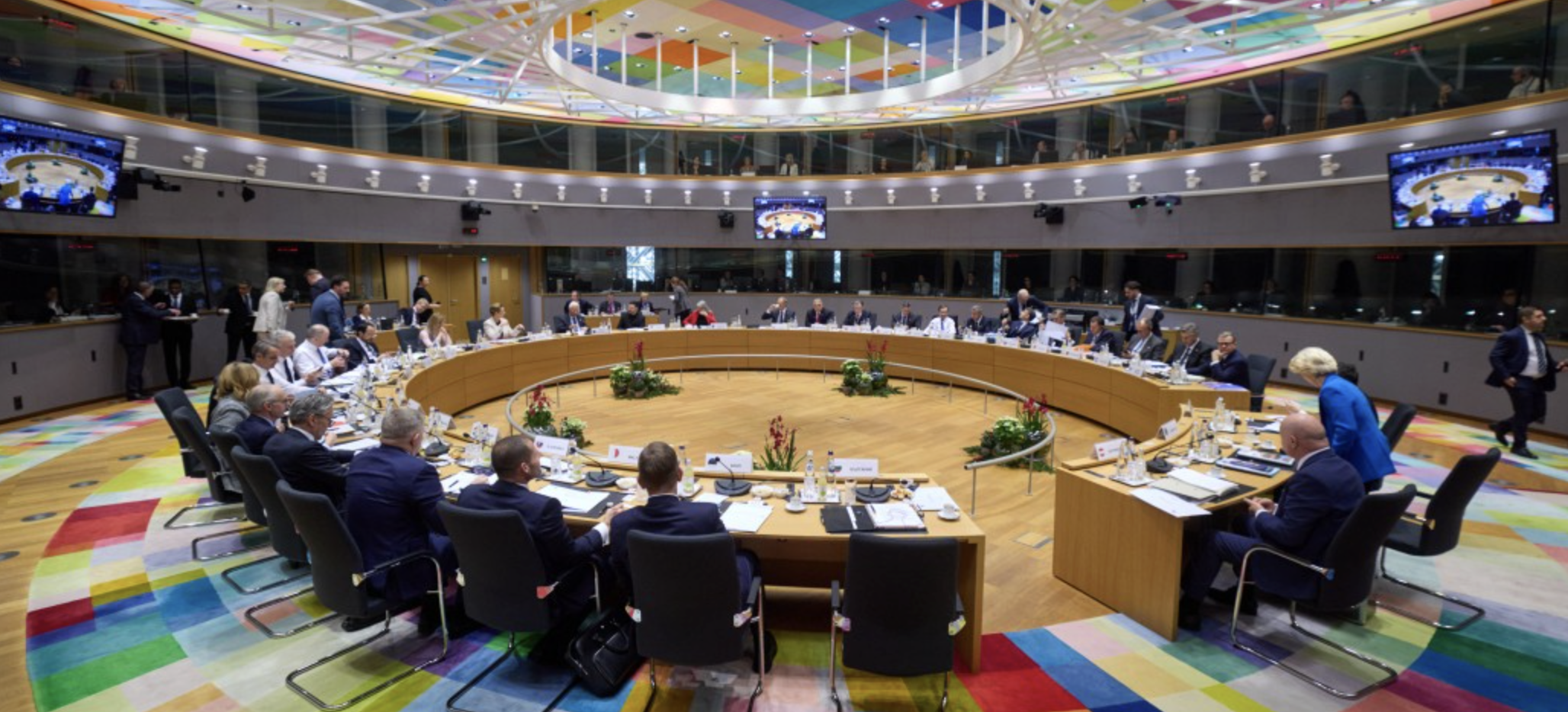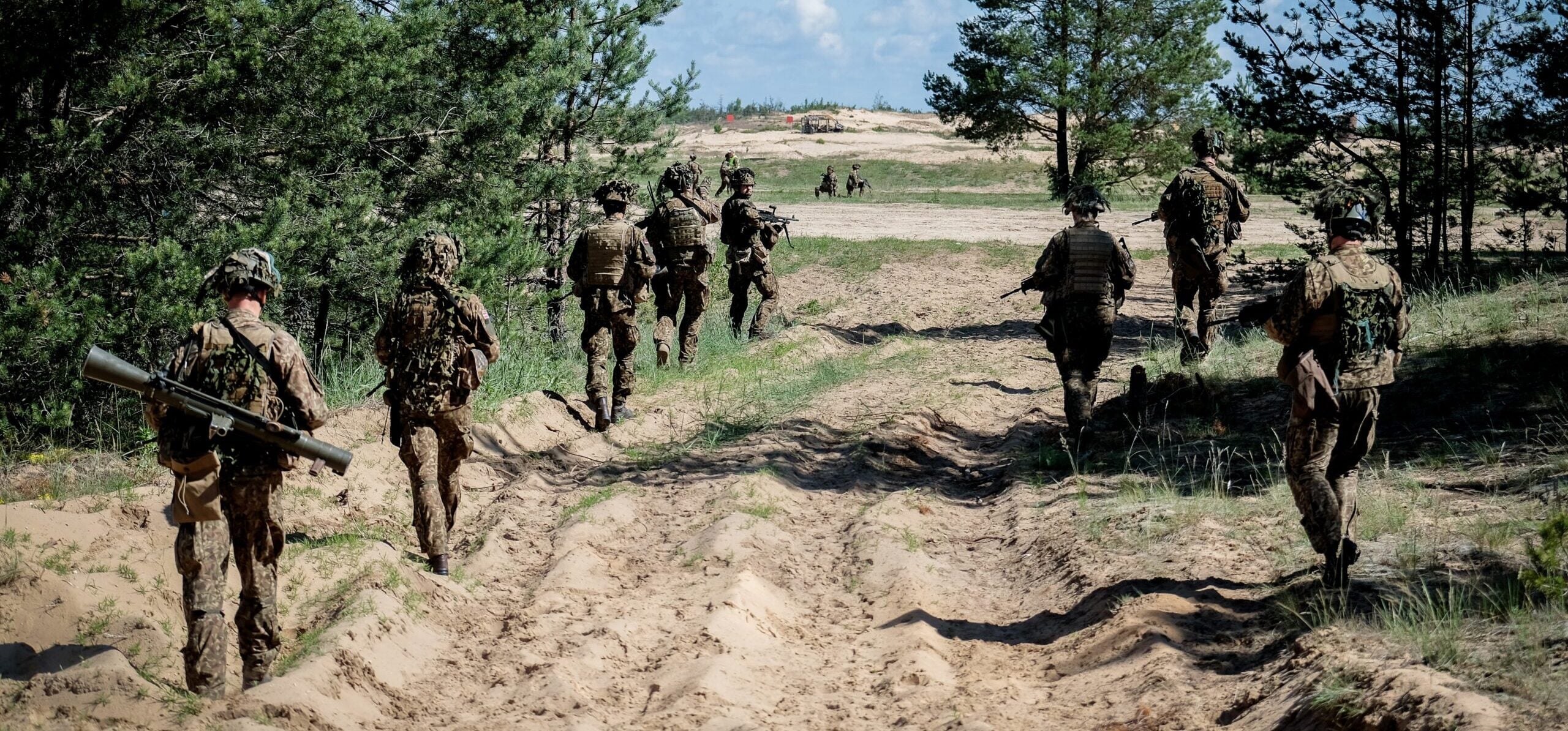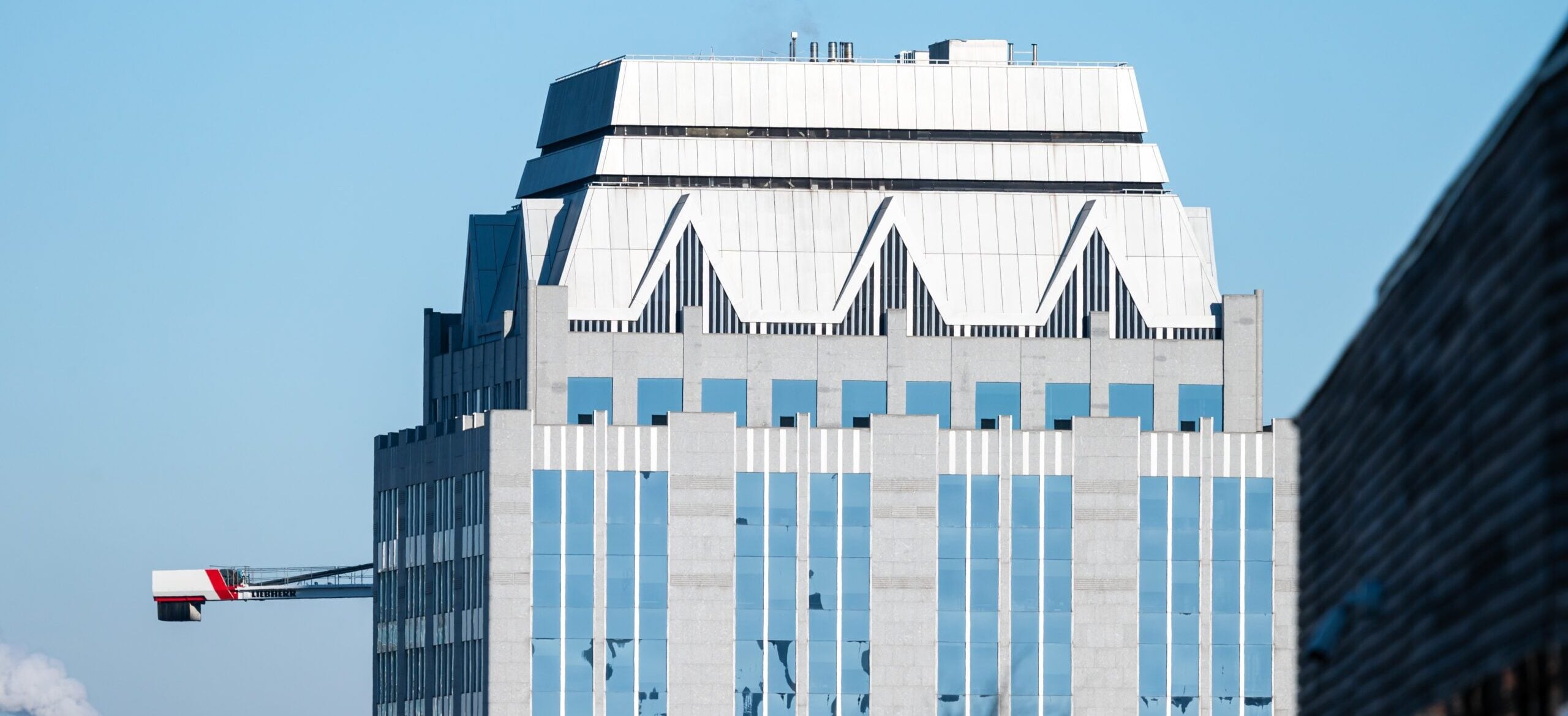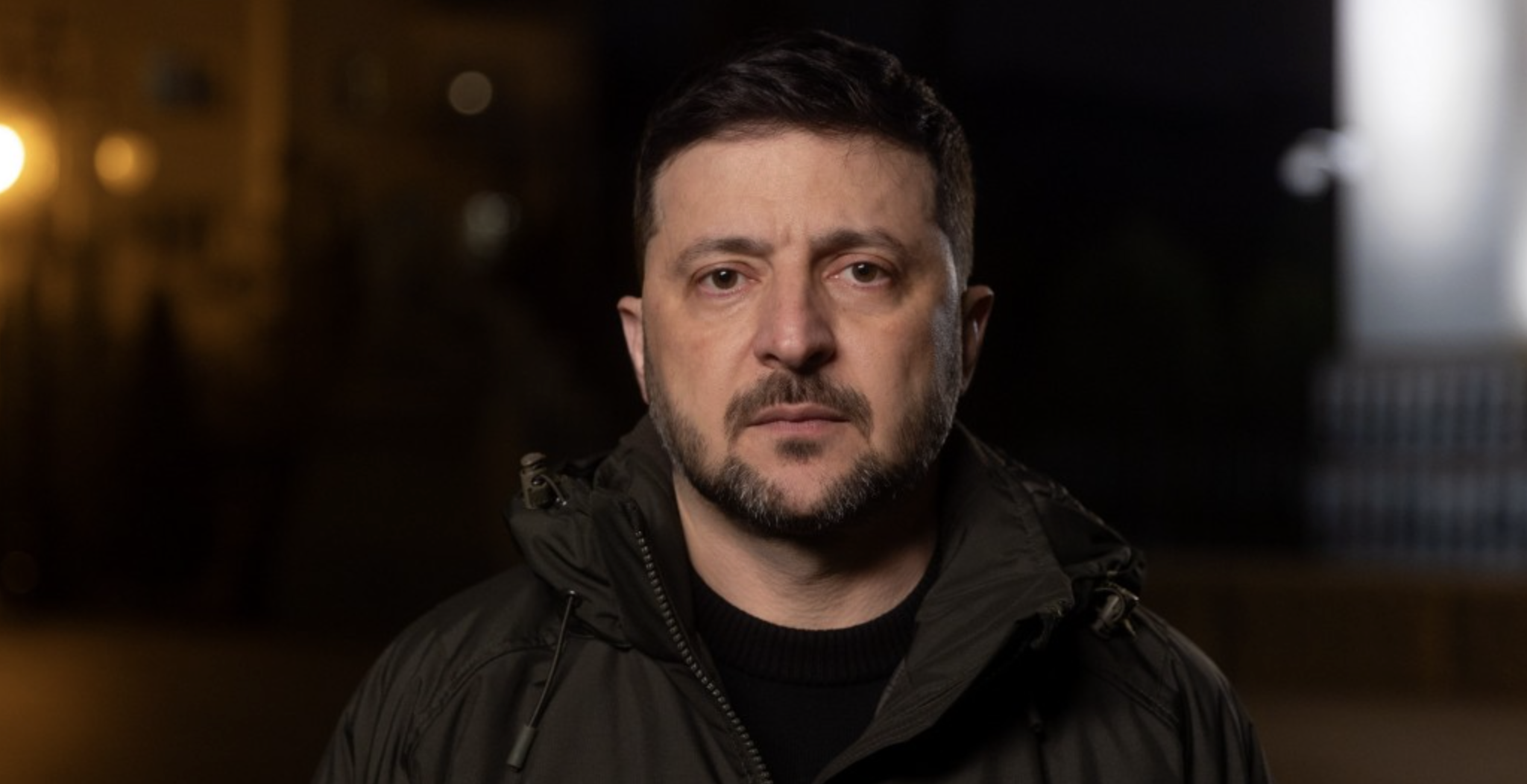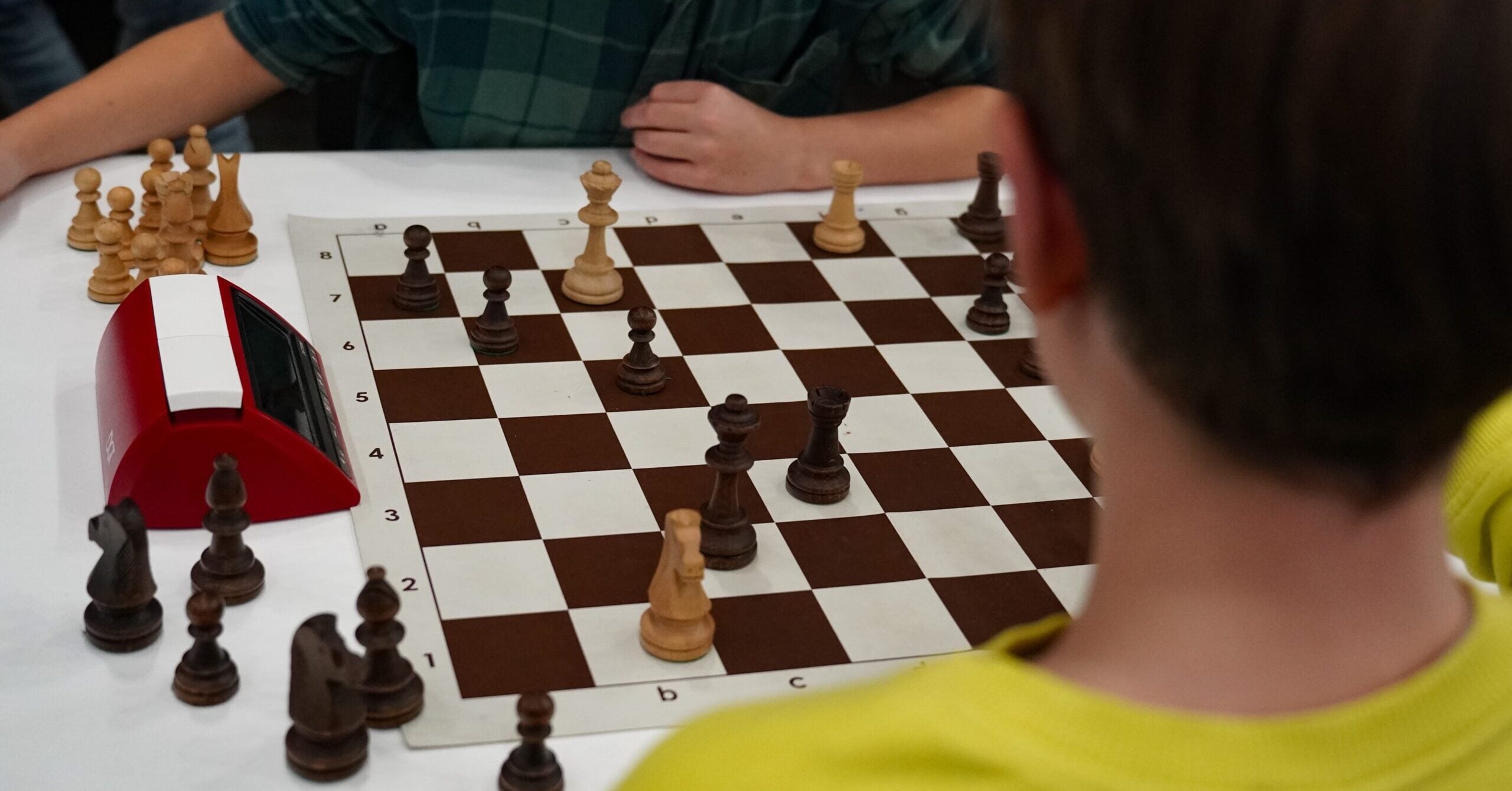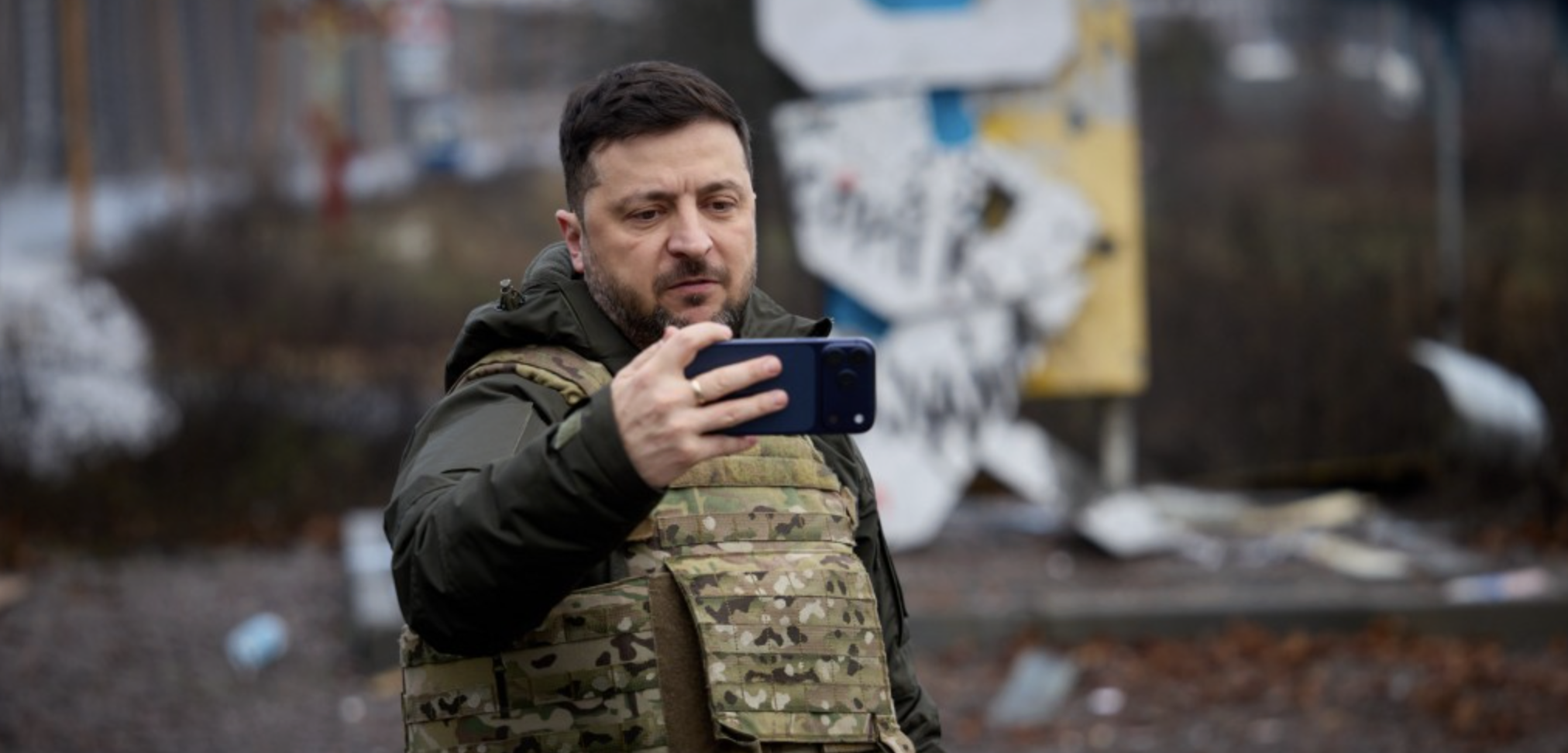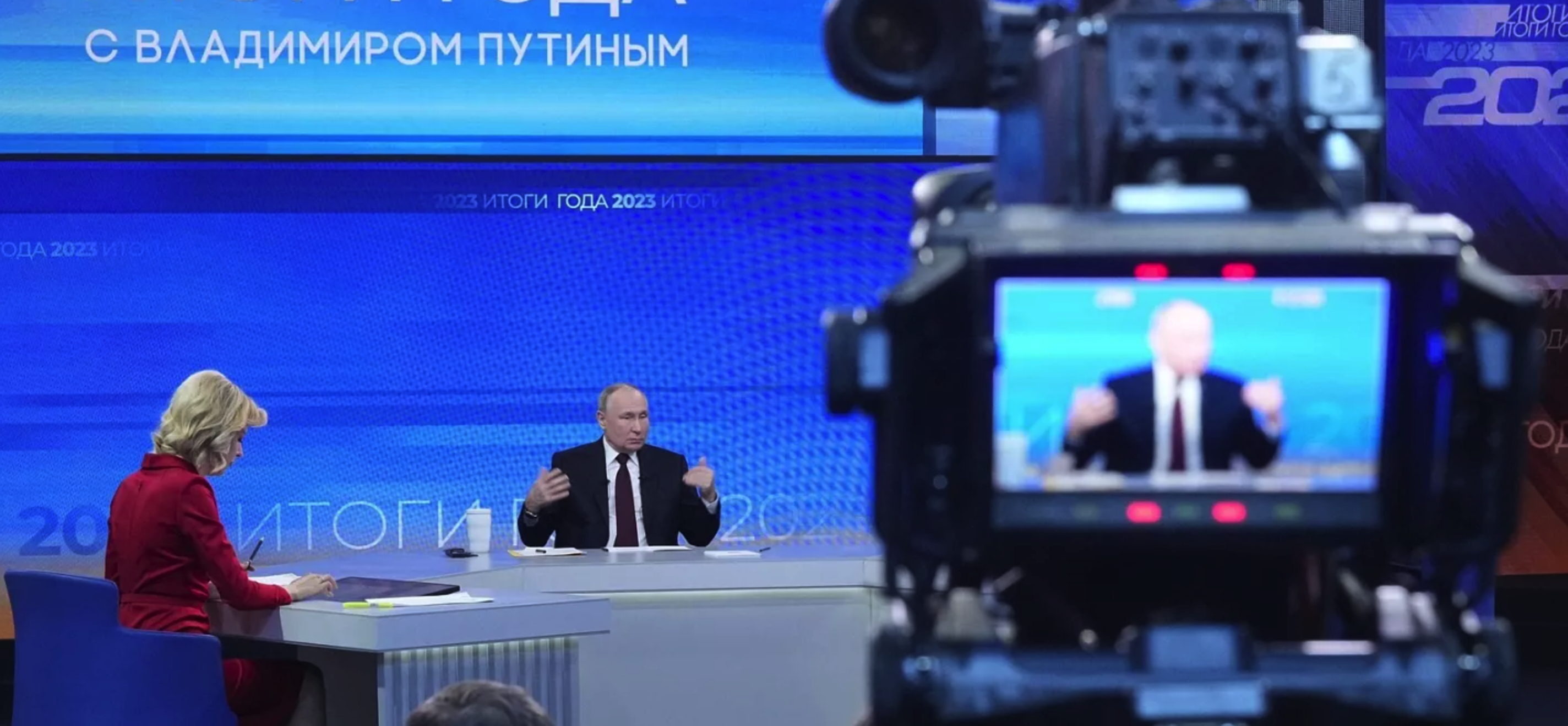
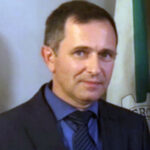
by Pavlo Sadokha, Vice-President of the Ukrainian World Congress (UWC) and President of the Union of Ukrainians in Portugal
Source: Sadokha on Facebook
European governments often underestimate the threat of Russian propaganda, viewing it as part of the democratic process, despite the European Commission’s recommendations to address it.
This indifference is already creating serious security issues, as it goes beyond mere differing opinions or multicultural dialogue. Russian propaganda often is accompanied by Russian military presence and acts of terrorism.
The Ukrainian diaspora in the EU must take a clear stance with their host countries, urging them to ban the activities of Russian entities controlled by the Putin regime. A Ukrainian activist from the Canary Islands, Vadym Syroyizko, shared insight into these operations with El Mundo.
“Dear soldier, Spain is writing to you. I’m 10 years old, and I love Russia from sunny Spain,” writes Elina, a ten-year-old girl, on a postcard sent to Russian soldiers from the 195th medical battalion in occupied Ukrainian territories.
“My mom is from Novosibirsk. I am so proud of Russia and always will be. I wish you good luck and remember, Russia will win!” Elina continues. “My grandfather was in the war [World War II] and was very brave. I hope you will be as brave as he was. Return victorious to your families!” she adds.
What’s striking is that Elina was encouraged by her Russian mentors to send messages to the Russian troops from Spain. While the Spanish government supports Ukrainian allies defending themselves against Kremlin-backed violence, Moscow-funded organizations are brainwashing Spanish children with Russian roots. Letter writing campaigns are organized and gifts are sent to Russian soldiers. Ukrainian refugees in Spain are well aware that this is a tactic to control the diaspora, particularly its youth.
“In a subtle way, they are creating a Spanish branch of the Putin Youth, or Putin Jugend, the Russian equivalent of the Hitler Youth, which Hitler used to fuel his factory of ruthless monsters,” explains Vadym Syroyizko, a Crimean activist living in the Canary Islands who has been tracking Russia’s “dirty war” behind the scenes in Spain for years.
Cover: Alexander Zemlianichenko/the AP
